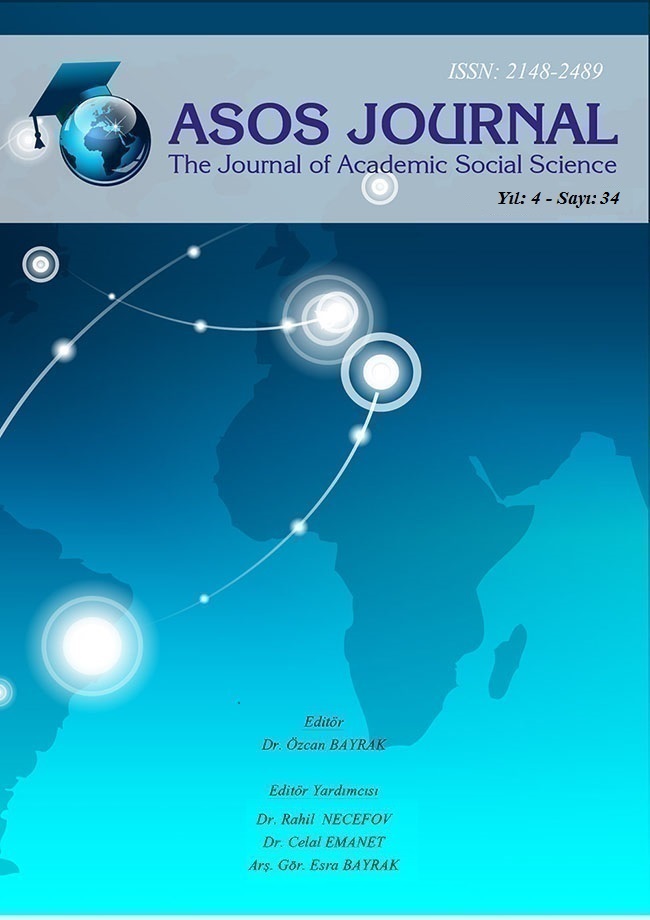HUAWEİ VE ZTE’NİN 2010-2014 FİNANSAL VERİLERİNİN KARŞILAŞTIRMALI ANALİZİ BAĞLAMINDA ÇALIŞANLARIN HİSSE SENEDİ SAHİPLİĞİ PLANI (ESOP)’NIN VERİMLİLİK ÜZERİNE ETKİSİ
Author :
Abstract
Çalışanların Hisse Senedi Sahipliği Planı (ESOP), şirket çalışanlarına belli bir dönemde, belli rakamdan şirketin hisse senedini satın alma hakkı veren bir uygulamadır. ESOP uygulayan şirketlerin başarısı büyük ölçüde çalışanların verimliliği ile doğru orantılıdır. Bu verimliliğin etkisi dünya çapında giderek daha da fark edilir hale gelmiştir. Bu nedenle ESOP dünya çapında birçok başarılı şirketler tarafından uygulanmaktadır. Çalışmamızın konusunu oluşturan ve Çin’in en büyük iki telekomünikasyon şirketlerden olan Huawei ve ZTE’de de ESOP uygulanmaktadır. Ancak ESOP uygulaması açısından bu iki şirkette farklılıklar söz konusudur. Öyle ki, Huawei ESOP’u tüm çalışanlarına çok yoğun olarak uygularken, ZTE ESOP’u sadece üst düzey yöneticilerine yönelik olarak uygulamaktadır. Dolayısıyla Huawei ve ZTE’de bu uygulama farklılığının şirket verimliliğini nasıl etkilediği, hangi şirketin uygulamasının daha avantajlı olduğu çalışmamızın ana konusunu oluşturmaktadır.
Keywords
Abstract
Employee Stock Ownership Plan (ESOP) is an application that gives employees of a company the right to buying its stocks in certain periods at certain prices. The success of ESOP companies applying depends largely on the efficiency of its employees. The effect of this efficiency has become increasingly more noticeable worldwide. Therefore ESOP is practiced by many successful companies worldwide; which is one of China’s two largest telecommunications companies and the subject of our study Huawei and ZTE are also applied. However, there are Huawei and ZTE differences, in terms of the implementation ESOP. So that while Huawei uses ESOP on all of its employees, ZTE uses it only on its senior executives. The aim of our study; how the difference in this application of Huawei and ZTE company that affect productivity and which policy is more beneficial for the company by between 2010-2014 financial data with the aid of to explain.





